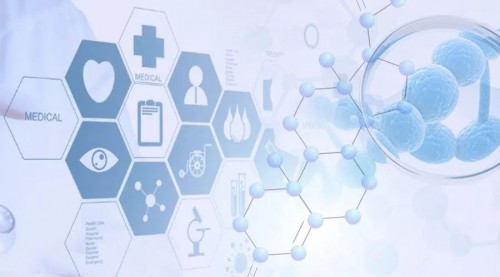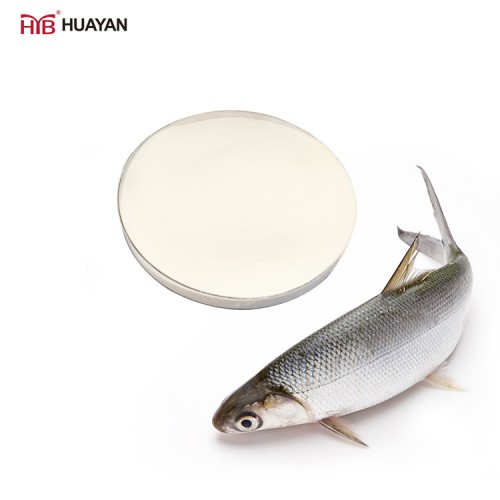Peptides are the basic material that composed of all cells in human body. The active substances of the human body are in the form of peptides, which are essential participants for the body to complete various complex physiological activity.
Peptides are often mentioned in 21st century, a series of peptides as new functional food, which is very popular with people. By far now, there are more than 30 countries carrying out peptide scientific research and human nutritional application in the world. Among them, Japan, France, the United State, South Korea, Taiwan, Hongkong and other regions with advanced concepts have sold peptide products. With the strong social healthy concept in recent years, people have knew about the importance of peptides, so the sales prospect of healthy nutritional food with peptides as core in China are very optimistic.
What is peptide?
Peptide is a kind of biochemical substance between amino acid and protein, its molecular weight is smaller than protein, but bigger than amino acid, so it is a part of protein. Two or more amino acids are connected by peptide bonds, and the “amino acid chain” or “amino acid string” formed is called a peptide. Among them, peptides composed of more than 10 amino acids are called polypeptides, and those composed of 2 to 9 amino acids are called oligopeptides, and those composed of 2 to 4 amino acids are called small peptides.
Peptide is better than high protein. It is composed of amino acid, but better than amino acids. Proteins ingested by humans are mostly absorbed in the form of peptides after the action of enzymes in the digestive tract.
1.Increase human immunity
Active peptide has amino acids that increase immunity, which the representatives are arginine and glutamate. Arginine can enhance the immune function of the macrophages in the immune cells, while attacking the invading viruses in the body. What’s more, glutamate produces immune cells that fight off a large number of viruses when they invade the body. Therefore, active peptides can improve the immunity of cells and promote the proliferation of T lymphocytes, enhance the function of macrophages as well as enhance the activity of NK cells. Studies have reported that the active peptide can also promote the production of tumor necrosis factor. If you feel uncomfortable, eating the active peptide will quickly play the immune effect.
2. Peptides can lose weight and reduce fat-medically called fat reduction
(1) Promote the burning of fat, and turn into energy that the body needs.
(2) All cells in the body have hormone receptor, when peptides are connected to the receptor of fat cells, a series of enzyme reaction happen, causing the fat to be metabolized, which is called lipolysis.
(3) Peptides have an anti-antagonistic effect on insulin. Insulin can promote the absorption of fat, sugar and amino acids by cells-called fat synthesis. The effect of HGH is against it, so it can prevent the accumulation of fat in the body. HGH is currently known the most effective weight loss drug as well as the protagonist of various weight-loss programs. Most of the fat reduced by the peptides are in the abdomen, buttocks and the inner side of the upper arms. Therefore, peptide is the only easy way to lose weight that does not require the patient to calculate calories or pay attention to the type of diet.
3. Eliminate wrinkles and regenerate hair
Peptides can promote the synthesis of collagen and other proteins, so it can smoother skin and eliminate wrinkles. What’s more, peptide can promote the growth of hair, and make its hair quality better.
4. Prevent heart disease and stroke, reduce blood pressure
High cholesterol and high blood pressure are the causes of heart disease and stroke. Cholesterol is divided into HDL and LDL. Peptides can reduce LDL, and increase HDL, as well as reduce blood pressure. In the past, atherosclerosis was thought to be caused by cholesterol clot attached to the blood vessel, however, a recent new concept believes that atherosclerosis is actually a metabolic disease. The main key organ is the liver. The role of the liver is to convert cholesterol into bile acids, pass through the bile duct and gallbladder, and then pass through the intestines. The function of peptide is to increase the number of LDL receptors in liver cells. Therefore, this metabolism can be enhanced, and LDL is converted into bile, which is excreted from the blood.
Post time: May-18-2021








